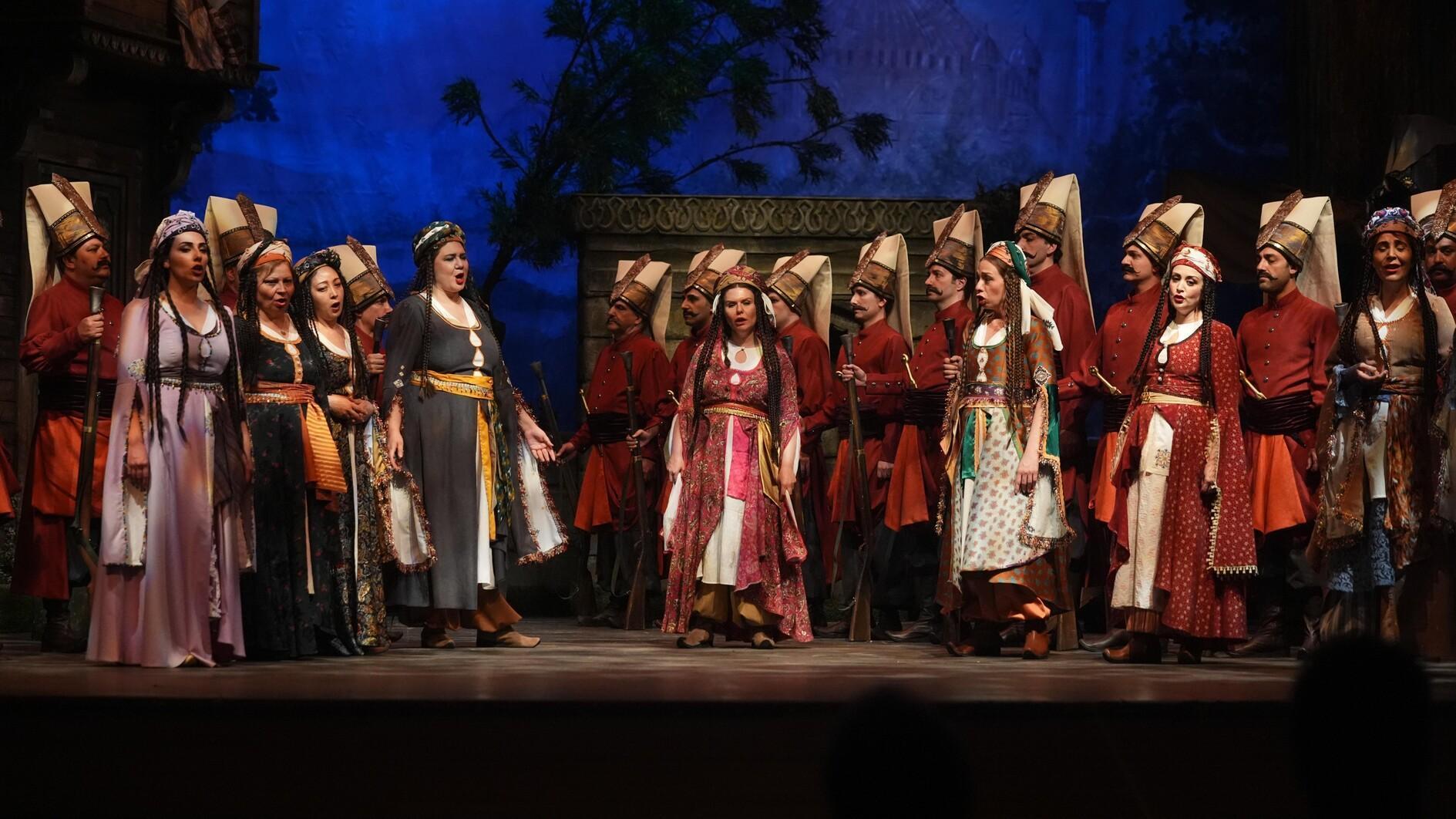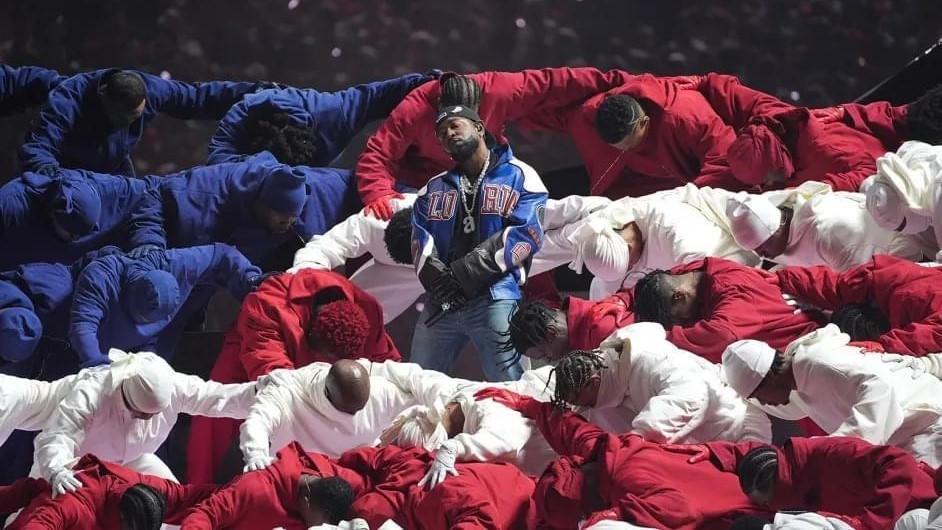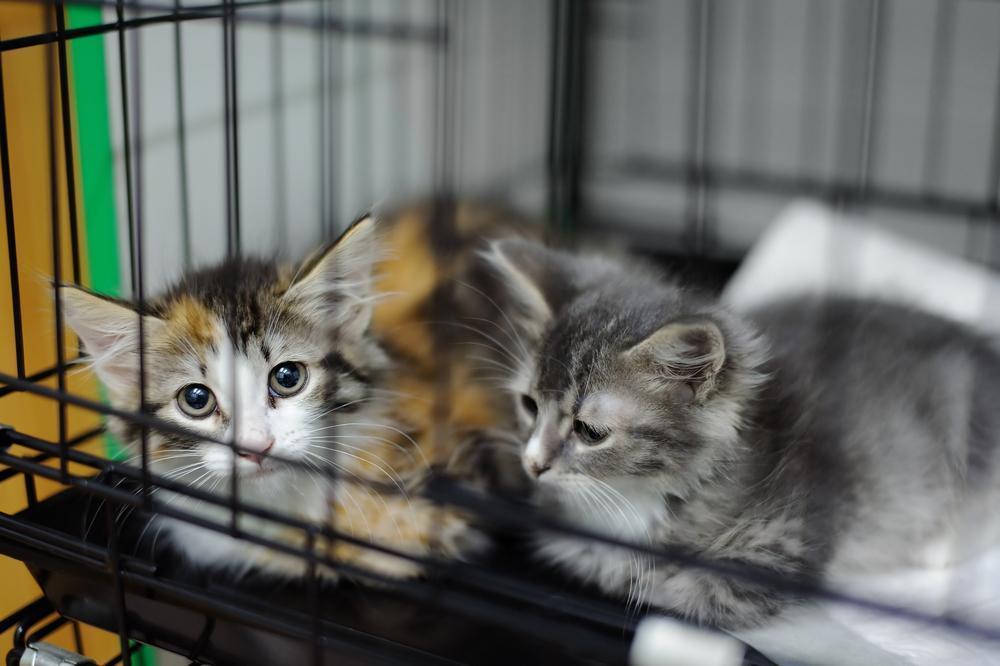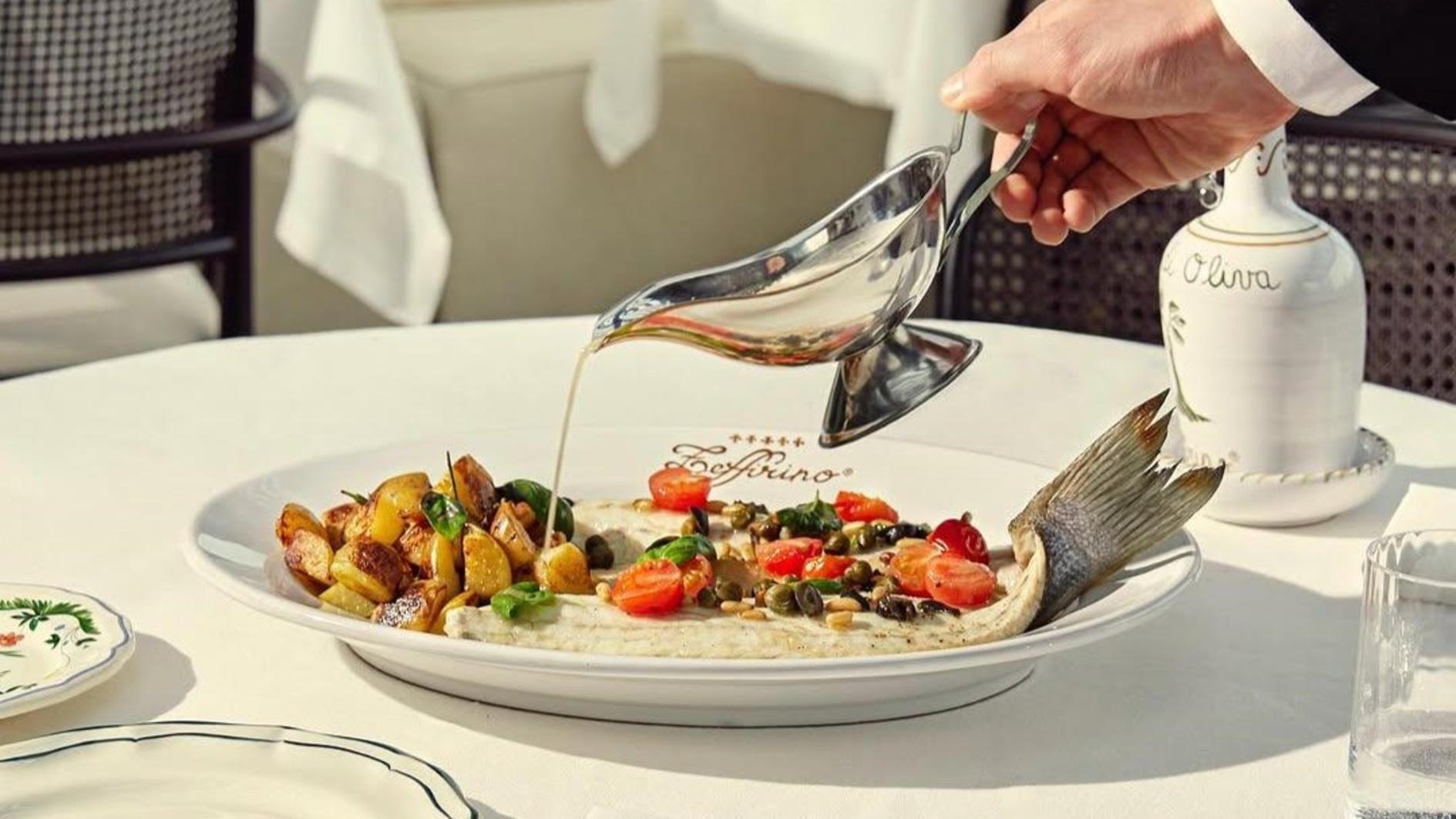Zeugma opens after a 74-day break
GAZİANTEP
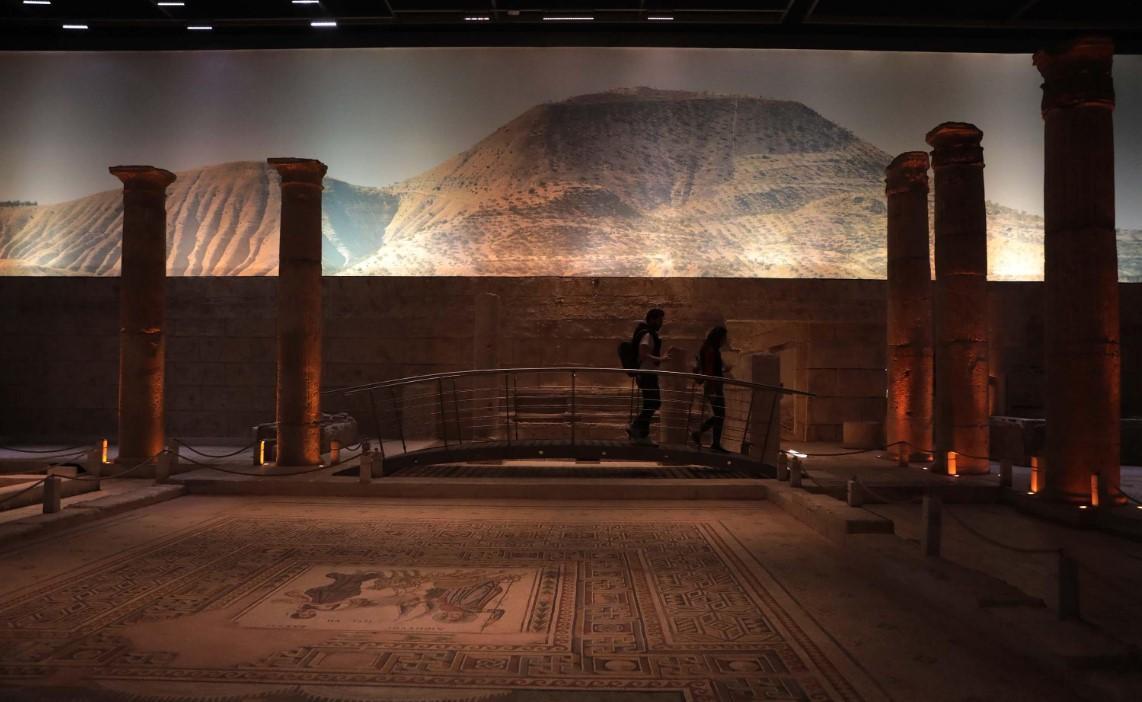
Zeugma Mosaic Museum, among the largest mosaic museums in the world, has reopened its doors to visitors after the earthquakes that rattled the east of the country on Feb. 6.
The museum, which is home to the world-famous Gypsy Girl mosaic, which is the symbol of the city, the Statue of Mars and the floor mosaics of the villas found during the excavations by the Euphrates River, was closed due to two major earthquakes in Pazarcık and Elbistan districts of Kahramanmaraş.
Along with the mosaics, covering an area of 2,500 square meters, the museum displays Roman-era statues, columns and the fountains and 12 pieces returned to Türkiye from the U.S. in 2018. Now started to welcome its visitors again after a 74-day break.
The Gaziantep Museum Director Özgür Çomak stated that the earthquake affected the entire region and said that although the museum was undamaged, they closed it for precautionary purposes.
Noting that they took the necessary measures for both visitors’ and personnel security and that it was closed to visitors for this reason, Çomak said that the first visitors started to arrive in the morning hours.
“Zeugma Mosaic Museum reunites with its visitors. From the first hours of the earthquake, we put our earthquake emergency action plan into action in line with the instructions of the general directorate. We have taken our measures, especially security measures. After the main earthquake, there were many aftershocks, and the museum was closed to visitors. With the decision of the Culture and Tourism Ministry, we reopened the Mosaic Museum and the ancient city of Zeugma,” he said.
Stating that the museum definitely survived the earthquake without any damage, Çomak said, “We don’t even have a crack. The mosaics are solid, we didn’t lose a single one. Our museum was inspected by the Istanbul Technical University (ITU) and TUBITAK experts. It also served as a logistics center in this process. It was a place to take shelter in the earthquake for both our personnel and citizens. We have had electricity and hot water since the first day, and we have provided such a service to our citizens and staff who come here. We provided sociological and psychological support. We also provided logistics services to the museums of the surrounding provinces Elbistan, Kahramanmaraş, Adıyaman and Hatay.”
Museums reopen in the earthquake region
Along with the Zeugma Mosaic Museum, nine museums and ruins were reopened in April. Yahya Coşkun, Deputy General Manager of Cultural Heritage and Museums, said, “We will continue to open the museums in the region. We are trying to help our people, who have been victims of earthquakes, to hold on to life with cultural activities in the cities affected by the earthquake.”
After the inspections made by the Directorate of Surveying and Monuments in the region, the Şanlıurfa Göbeklitepe Ruins opened on April 3, Malatya Arslantepe Ruins opened on April 10, Adana Museum opened on April 15, Diyarbakır and Mardin Museum, Kayseri Museum, Güpgüpoğlu Ethnography Museum, Kayseri Atatürk House Museum and Kültepe Ruins opened on April 17.
Reminding that the cultural assets of Türkiye were also affected by the earthquakes, Coşkun said, “We took various measures for our cultural assets, especially for our museums. One of the first things we did was to close the museums in the region. Then, the damage assessment studies and restorations of the damaged works were carried out in the museums. Afterwards, the earthquake resistance status of the museums was examined by the Directorate of Surveying and Monuments, and now it’s time to open the doors of many of the museums, affected by the earthquake, to their visitors.”
Coşkun stated that the museums, whose damage assessment and restoration works have been completed after the earthquake, will reopen their doors one by one.
“The Yesemek ruins also opened today. These are very important stops not only for the cultural world, but also for tourism,” he said.


